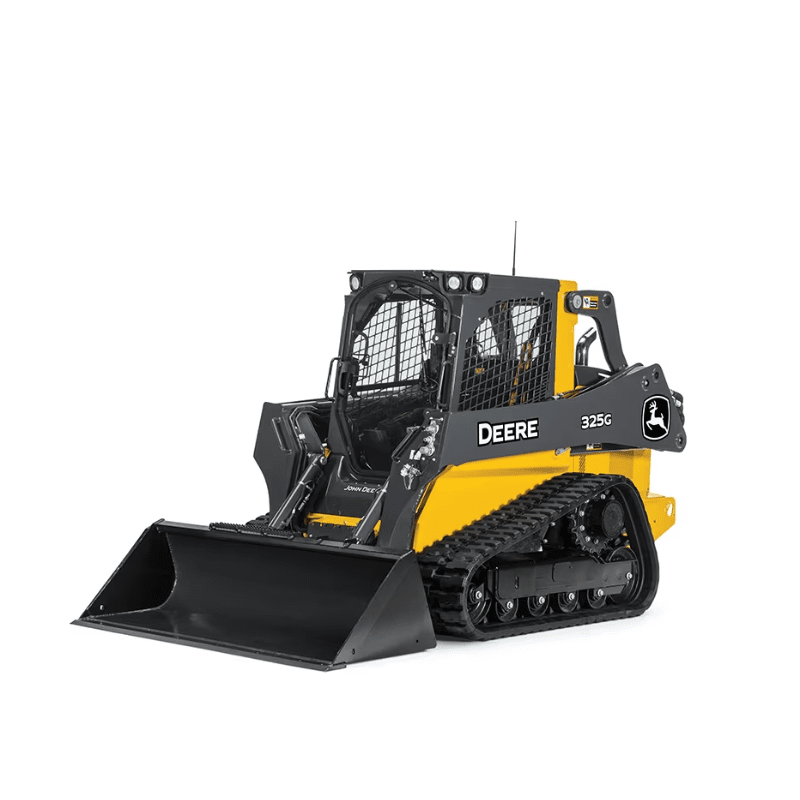Maximize Your Spending Plan by Understanding the Costs Related To Construction Tools Rentals
Understanding the complete extent of costs connected with building and construction equipment leasings is crucial for optimizing your spending plan. While the first rental cost may appear uncomplicated, numerous extra expenditures-- such as transport, gas surcharges, and maintenance-- can swiftly gather, influencing your financial preparation. Furthermore, recognizing numerous charges and the intricacies of rental contracts can assist stay clear of unforeseen monetary worries. What methods can be used to effectively manage these expenses and ensure a more effective rental experience?
Introduction of Rental Prices
When thinking about construction equipment rentals, comprehending the connected costs is critical for reliable budgeting and job preparation. Rental expenses can differ considerably based on numerous factors, consisting of devices type, period of leasing, and location. The initial rental charge often reflects the tools's market demand and its linked functional abilities, influencing the general expenditure.
In enhancement to the base rental rate, secondary expenses may emerge, such as transport fees, gas additional charges, and maintenance fees. It is necessary to represent these extra expenses to precisely assess the total expense of renting out devices. In addition, the rental duration can influence prices; longer services may get reduced prices, while temporary rentals could incur higher everyday charges.

Failure of Rental Rates
A thorough understanding of rental rates is important for professionals and job managers aiming to optimize their budget plans. Rental rates for building and construction equipment commonly are composed of numerous components, including base rates, time-based costs, and use costs.
Base rates are the core charges related to the service of the tools, usually determined by the type and size of the machinery. These prices can vary considerably, influenced by aspects such as devices need, schedule, and local market fads. Time-based fees, which may be daily, weekly, or monthly, serve to fit different task timelines and rental periods.
Additionally, rental prices may include use costs, which apply when tools is utilized beyond a specified limit, guaranteeing that the rental firm can account for damage. Seasonal demand variations can additionally affect rental prices, with peak building periods normally regulating higher prices.
Additionally, comprehending the rental firm's policies concerning maintenance and insurance policy can offer additional understanding into the overall price framework. By analyzing these parts, professionals can make enlightened choices, making certain the option of rental tools straightens with both project demands and budget plan restraints.
Extra Charges to Consider
Comprehending the complexities of additional charges is vital for professionals to handle their total rental expenditures effectively. Beyond the look what i found standard rental rates, various supplementary costs can considerably influence the overall price of equipment service. These costs usually include distribution and pickup charges, which can differ based on range and logistics entailed in moving the devices to and from the task website.
Moreover, some rental business may impose gas additional charges if the devices is returned with much less fuel than when leased. It is likewise vital to know potential cleansing charges, particularly for specialized equipment that needs complete upkeep after use.

Extensively evaluating the rental arrangement and clarifying these additional charges ahead of time can assist professionals ensure and stay clear of unexpected prices that spending plans remain intact throughout the job lifecycle.
Maintenance and Repair Work Costs
Normal repair and maintenance expenditures are frequently neglected factors that can significantly affect the general price of construction equipment services. When renting tools, it is critical to consider not just the rental costs yet also the possible costs related to maintaining the machinery in ideal operating problem.
Numerous rental business consist of standard maintenance as part of the rental arrangement; however, a lot more substantial repair work or unforeseen breakdowns can result in additional expenditures. It's important to review the rental agreement carefully to understand what maintenance solutions are covered and what duties fall on the renter.
Additionally, tools useful reference that is not well-kept can lead to inefficiencies on duty website, possibly causing delays and raising task prices. To mitigate these risks, it is suggested to perform routine inspections and maintain open interaction with the rental service provider concerning any type of problems that develop during use.
Insurance Policy and Responsibility Prices
Insurance policy and liability prices are essential components that can substantially influence the total expenditure of building tools rentals (equipment rental company). These expenses make sure that both the rental firm and the customer are protected from prospective economic losses arising from accidents, damages, or theft during the rental duration

In addition, clients should recognize any type of deductibles or exemptions in the insurance coverage, as these can influence possible out-of-pocket expenses. Understanding the terms of any insurance coverage is vital to avoid unanticipated prices. Eventually, budgeting for insurance policy and responsibility expenditures can aid guarantee a smoother rental experience and protect against economic threats related to building jobs.
Conclusion
To conclude, an extensive understanding of the expenses linked with building tools services is necessary for effective budget administration. By assessing rental rates, additional fees, upkeep costs, and insurance coverage individuals, companies and needs can lessen unexpected expenses. This critical approach not just boosts cost-effectiveness however additionally guarantees that tasks proceed smoothly and efficiently. Ultimately, notified decision-making regarding devices rentals contributes to the overall success of construction endeavors.
Rental costs can vary substantially based on numerous elements, consisting of tools kind, duration of leasing, and area (construction equipment rentals). The rental duration can influence prices; longer services may certify for reduced rates, while short-term leasings could incur higher everyday charges
By conducting complete study and engaging with reliable rental companies, professionals can efficiently browse the complexities of rental rates, ultimately maximizing their financial sources.
Beyond the standard rental rates, various extra charges can considerably impact the complete expense of devices leasing. Rental companies typically give liability insurance policy that covers injuries to third celebrations or damage to property, while devices damages insurance coverage can cover the cost of fixings or substitute if the leased tools is damaged.